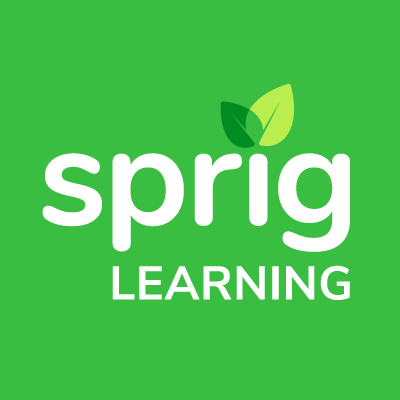Holistic Learning in British Columbia (BC)
British Columbia (BC) Education and Training has updated its early learning framework to expand focus to children from infancy to eight years of age. It was previously from infancy to 5 years of age.
In addition, there is an increased focus on reconciliation and Indigenous world-views, as well as inclusive practices for children with diverse abilities and needs.
BC values the K-3 grade configuration as a lot of knowledge and skill sets are carried over from kindergarten to grade 1, and further mastered in the following grades. It’s good to see that there is the vision to work with each child throughout their early years, in what is a more holistic process.
Holistic Early Learning
As a part of its K12 Education Recovery Plan, boards of education and independent school authorities are asked to fully re-engage all students through high-quality in-class instruction and innovative approaches to learning.
They are tasked with identifying and addressing pandemic impacts on student learning and well-being, with a focus on the “whole child” that includes literacy, numeracy, social-emotional development and mental health.
Mandatory kindergarten?
Yes
Early Childhood Education Announcements
The BC Ministry of Education is expanding its Just B4 early childhood education program, which is a half-day licensed pre-school child care program for three- to four-year-olds.
It is specifically designed to support children the year before they enter kindergarten. Given its success in providing a positive and nurturing early learning experience in one pilot district, the program is being expanded to 5 more districts.
In order to maintain quality expectations, the program adheres to the Early Learning Framework and First Peoples Principles of Learning.
StrongStart BC programs provide a positive early learning experience for children aged birth to five, and their families.
Their goal is to create an interactive, play-based environment that supports caregivers and children to enjoy learning together, develop essential skills and prepare for a transition to school.
The programs provide a rich learning environment for language, physical, cognitive, social and emotional development.
